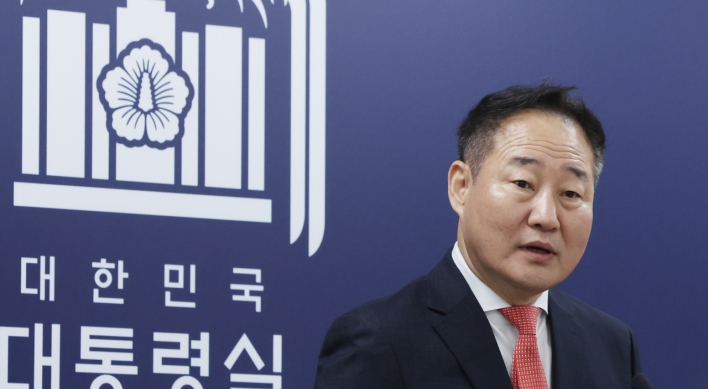S. Korea sees drastic decline in breastfeeding
Study links more working mothers to decreased breastfeeding rates
By Lee JaeeunPublished : Sept. 6, 2023 - 14:51

The rate of mothers breastfeeding newborns in South Korea has declined quite rapidly, data showed Wednesday.
According to a recent study conducted by a research team led by Hong Jeana, a pediatrician and professor at the Kangwon National University School of Medicine, the mixed breastfeeding rate of 6-month-old babies was 33.6 percent in 2019-2020, down from 65.9 percent in 2010–2012.
It shows the proportion of infants reported as being breastfed regardless of simultaneously having formula feeding.
The proportion of babies who have been exclusively breastfed has fallen more sharply from 42.8 percent in 2010-2012 to 13.1 percent in 2019-2020.
Babies reported to have been breastfed without any baby formula during their first 6 months of life were defined as being exclusively breastfed.
This rate is much lower than the global average. Globally, 38 percent of infants aged zero to 6 months are exclusively breastfed, according to the World Health Organization.
Breastfeeding has many benefits. In addition to providing all the nutrients an infant needs in the first six months of life and protecting against common childhood diseases such as diarrhea and pneumonia, mounting evidence indicates that breastfeeding may have longer-term benefits, such as reducing the risk of being overweight or obese in childhood and adolescence, the WHO says.
“To achieve optimal growth, development and health, infants should be exclusively breastfed for the first six months of life. Thereafter, to meet their evolving nutritional requirements, infants should receive nutritionally adequate and safe complementary foods, while continuing to breastfeed for up to two years or beyond,” the WHO recommends.
The rate is believed to have decreased with the increase in working mothers.
Although there are numerous benefits of breastfeeding, continuing to do so after returning to work is influenced by occupation type and working conditions, the study said.
“It may be helpful to strengthen nutrition education that specifically emphasizes the benefits of breastfeeding, especially during infant health examinations,” the study noted.
A total of 933 infants aged between 12–23 months were included in the study. The study inquired about whether they were breastfed at the age of six months.






![[K-pop’s dilemma] Can K-pop break free from ‘fandom’ model?](http://res.heraldm.com/phpwas/restmb_idxmake.php?idx=644&simg=/content/image/2024/05/09/20240509050541_0.jpg&u=20240509173751)












![[Today’s K-pop] NCT’s Mark to drop 1st solo album in February 2025](http://res.heraldm.com/phpwas/restmb_idxmake.php?idx=642&simg=/content/image/2024/05/10/20240510050597_0.jpg&u=)